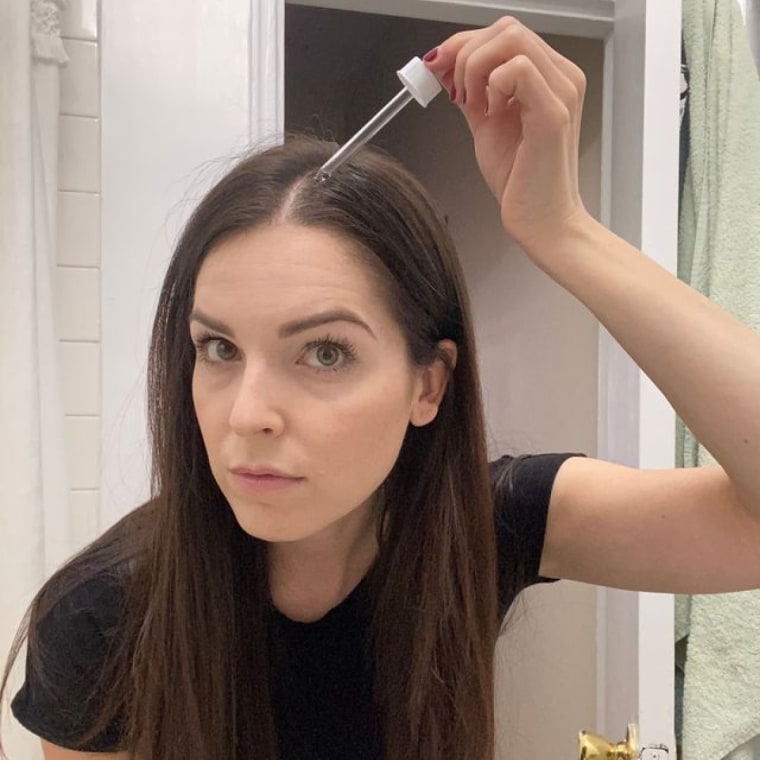Adoption allows biological parents to place their baby in the care of adoptive parents who can provide a nurturing and stable environment. This legal process changes the parental rights and responsibilities from the birth parents to the adoptive family, giving the child a chance to grow up in a loving home. It is often a decision made out of love, aiming to provide the best possible life for the child. Adoption can be open or closed, depending on the level of contact desired between the birth parents and the adoptive family. It’s essential to understand that each adoption journey is unique and should be tailored to meet the needs of all parties involved.
Table of Contents
Assessing Your Choice
Before deciding on adoption, it’s crucial to reflect on your personal circumstances. Evaluate your financial situation, the level of support you have from family or friends, and your emotional readiness for parenting. Understanding the emotional and psychological impact of adoption is essential. Engaging with a counselor or joining a support group can provide you with different perspectives and a safe space to discuss your feelings. It’s also helpful to think about your long-term goals and how they align with your current situation. Adoption is a life-changing decision, and it’s important to feel confident and informed. Talking with professionals and people who have gone through the process can offer valuable insights and support.
Legal Prerequisites
Adoption involves several legal steps and paperwork to ensure that the process is conducted ethically and legally. As a birth parent, you have specific rights and responsibilities, including the right to make an informed decision and to choose the adoptive parents if you wish. You will need to terminate your parental rights formally, and it’s crucial to understand this process fully. Legal representation or consultation with a professional familiar with adoption laws in your state is advisable to guide you through these steps.
Selecting an Adoption Agency
To ensure a smooth and supportive adoption process, finding a reputable adoption agency is essential. Start by researching agencies with positive reviews and a solid track record. Look for those that offer comprehensive services, including counseling, legal support, and post-adoption assistance. When meeting with potential agencies, prepare a list of questions to ask. Inquire about their policies on open vs. closed adoptions, the types of support they provide throughout the process, and how they match birth parents with adoptive families.
It’s also important to understand the agency’s philosophy and approach to adoption. Some agencies may focus on domestic adoptions, while others may specialize in international placements. Determine which aligns best with your goals and circumstances.
Additionally, verify the agency’s credentials and ensure they are licensed and accredited. This helps confirm that they adhere to ethical standards and legal requirements. Reach out to other birth parents who have worked with the agency to get firsthand feedback about their experiences. This can provide valuable insights into the agency’s level of support and professionalism.
The agency’s communication style is another crucial factor. You should feel comfortable asking questions and expressing your concerns. The agency should provide clear, consistent information and be responsive to your needs. A supportive and transparent agency can make a significant difference in your adoption journey.
Lastly, consider the financial aspects. Some agencies may charge fees for their services, so it’s essential to understand the cost structure and what is included. Look for agencies that offer financial counseling or assistance programs to help manage any associated costs.
Choosing the right agency can provide the foundation you need for a positive and supportive adoption experience.
Developing an Adoption Strategy
Creating a personalized adoption plan involves making several key decisions. One of the first choices you’ll need to make is between an open or closed adoption. In an open adoption, there is some level of communication or contact with the adoptive family and the child, which can range from exchanging letters and photos to regular visits. This can help maintain a connection and provide ongoing updates about your child’s well-being. On the other hand, a closed adoption means there is no contact after the process is finalized, offering a sense of privacy and closure for some birth parents.
Another critical aspect of your strategy is setting your preferences for the adoptive family. Consider what qualities are important to you, such as their values, lifestyle, or parenting style. Many adoption agencies allow you to review profiles of potential adoptive families, helping you find the best match for your baby. Be clear about your priorities and communicate them to your adoption agency.
Additionally, decide on your level of involvement in the process. Some birth parents choose to meet the adoptive family before the adoption is finalized, while others prefer not to have any direct contact. Understanding your comfort level and boundaries is essential to developing a plan that feels right for you.
Lastly, consider any post-adoption support you may need. Whether it’s counseling, joining a support group, or financial assistance, make sure these elements are included in your strategy. By outlining your preferences and needs, you can create a comprehensive plan that aligns with your goals and provides the best outcome for both you and your baby.
Support is crucial when navigating the adoption process. Numerous resources can offer emotional and financial aid. Seek out organizations and support groups that focus on adoption to connect with others who share similar experiences. Counseling services can provide a safe space to discuss your feelings and receive guidance. Many agencies and nonprofits also offer financial assistance to help cover medical expenses or other costs related to pregnancy and adoption. Additionally, consider looking into online forums and communities for real-time support and advice from others who have gone through the process. By leveraging these resources, you can find the support needed to make informed and confident decisions. If you are in Indiana and looking for a licensed Indiana adoption agency to guide you through your journey, check out ABL Adoptions.














